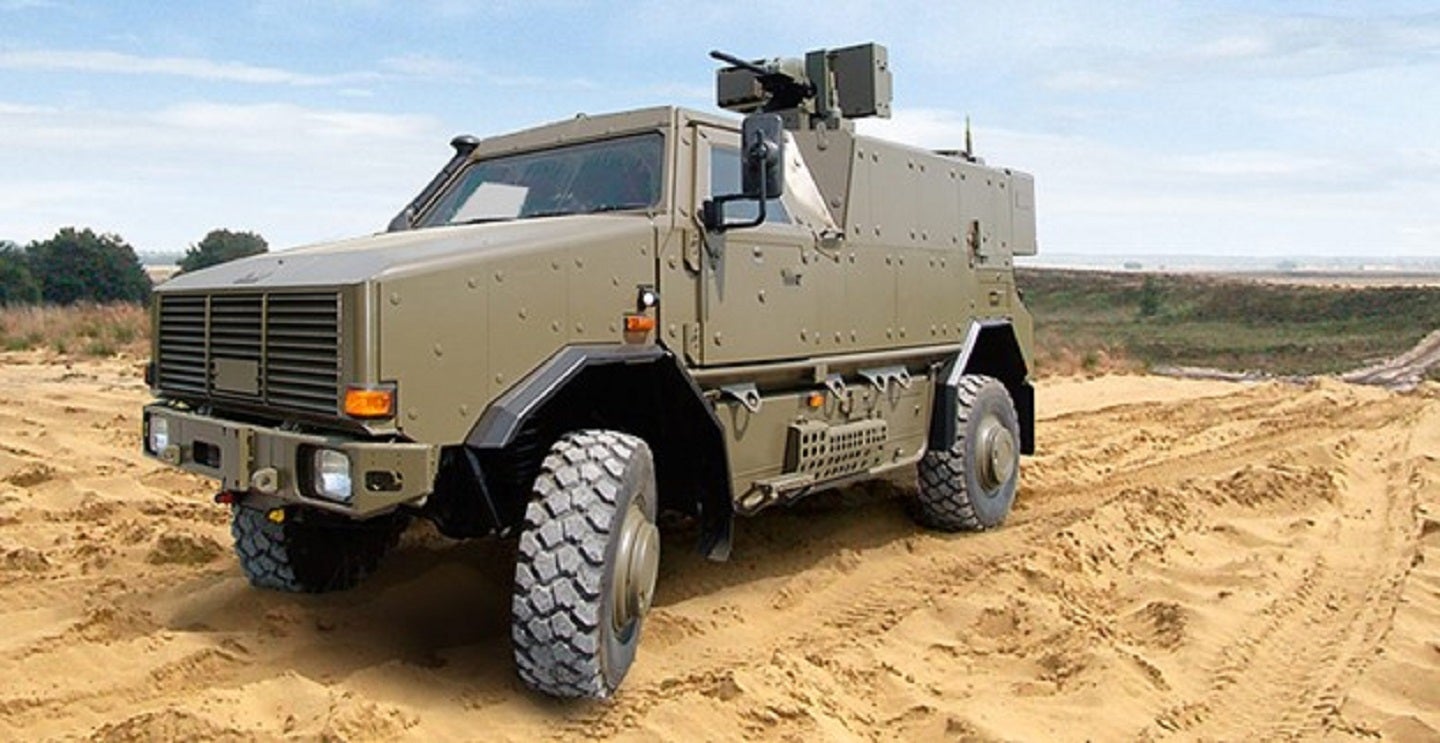
The German Bundeswehr procurement office has commissioned KNDS, a European land systems consortium, to manufacture and deliver 50 Dingo 2 A4 Mine-Resistant Ambush Protected (MRAP) vehicles.
This order will replace the 50 Dingo 2 MRAPs that the German Government donated from its inventory to help Ukraine repel invading Russian forces in September 2022. Five of them were destroyed with three out of service, according to Dutch defence analysis group Oryx.
Dingo 2 is a protected command vehicle manufactured by the German supplier, Krauss-Maffei Wegmann, a partner in the KNDS consortium. The company developed the vehicle with a modular design that comes with a 4×4 configuration.
1,200 units are in service globally, including Austria, Belgium, Czech Republic Germany Luxembourg and Norway.
The vehicle features a mine-proof seat system that prevents the transfer of explosion energy to the crew. Furthermore, the vehicle offers protection against IEDs and against NBC (nuclear, biological and chemical) warfare agents.
This latest re-supply project encompasses a spare parts and logistics package in addition to the vehicle systems.
GlobalData intelligence reveals that these new units will operate alongside a wide array of existing armoured vehicles in the German Army arsenal, including but not limited to hundreds of Marder, Boxer and Puma multi-purpose vehicles.
Bundeswehr’s problems replenishing its equipment
While the Bundeswehr remains hyper-focused on supporting Ukraine with military aid and replacing its donated equipment, this hardly stands out as an effective industrial policy on its own.
GlobalData tells us that the government’s reluctance to use the defence industry as a strategic tool demonstrates that there is no clearly defined defence industrial policy. This means that the potential domestic benefits are not being exploited and it puts some foreign policy objectives at risk.
Furthermore, Germany’s defence procurement has been known for inefficiency and bureaucracy, meaning that, in some years, up to 10% of the acquisition budget is unable to be spent as funds get trapped in bottlenecks or the process is prohibited by a lack of trained staff.





